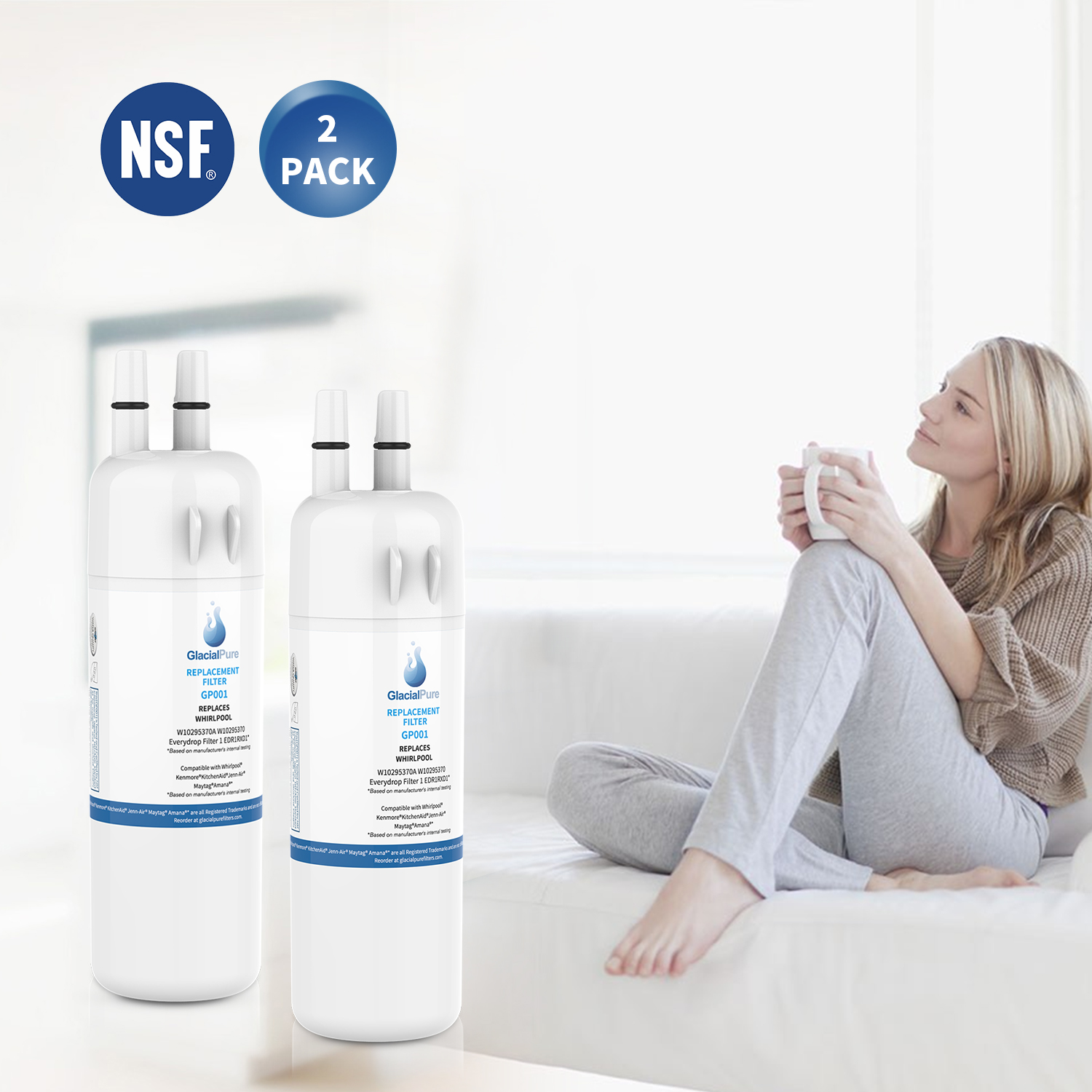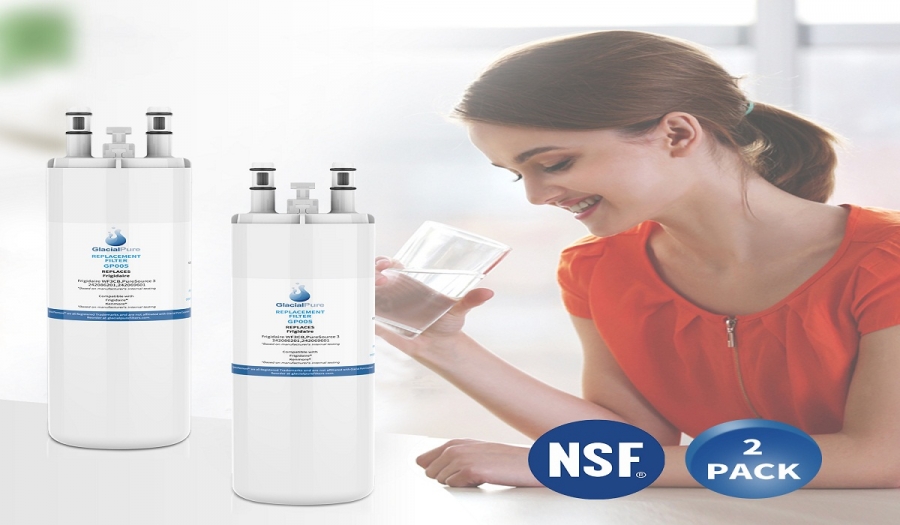Figuring out what's the best drinking water treatment for home use can seem a little difficult. It's not so hard, though, if you know a few things about what impurities you need to filter from your water, and also a little about how various water filters work.
The first step is to "know thine enemy." What exactly is it you have in your water that you need to get rid of? And, if you don't know, how do you find this out?
To begin with, you have to take into account where you live, and where you get your water from. If you live in a rural area and get your water out of a well, you might potentially have problems with bacteria and viruses in the well water. Also, agricultural runoff might be an issue. That would mean you need to be on the lookout for pesticides and nitrites. Of course, not all contaminants come from your vicinity. According to where your underground water comes from, it could have become contaminated from far away. If your well water is not contaminated by anything other than nuisance contaminants (rust) and living contaminants, then something like an ultraviolet filter combined with a sediment filter might be your best bet.
If you get your water from a water treatment facility, then your problems are probably with things like lead, asbestos, various volatile organic chemicals, microorganisms, viruses, and a host of synthetic drugs that have made their way into the water system. Here you'll need something perhaps a little more sophisticated than an ultraviolet filter. UV, after all, can only kill living organisms, it does nothing for pollutants like lead.
Some popular filtration and purification systems are distillers, reverse osmosis filters, and carbon and ceramic filters. You can't really say which of these are the best for drinking water treatment. They're different.

For instance, distillers are more costly, and since they're more complex, there's more of a potential to break down. Reverse osmosis filters are very wasteful. It can require from 3 to 10 gallons of water to create one gallon of pure water. (Just think what your water bill is going to look like!)
Both distillers and reverse osmosis systems demineralize water. That is they take out naturally occurring, healthy trace minerals like potassium that we need for optimum health. Distilled water can also actively leach potentially toxic chemicals out of whatever it's being stored in, especially if it's stored in some plastics.
Carbon and ceramic filters tend to work well for drinking water treatment as long as you change their filters every six months or so. They are cost-effective and can purify your water without stripping it of those all-important trace minerals.
Having said all of this, your first step needs to be contact your local water treatment facility and get a copy of their latest water test results. If you're on well water, then you'll have to get it tested yourself. Armed with that knowledge, you can begin to find the right drinking water treatment system for your needs and your budget.
However, I'm going to share with you my recent experience with my water filter for my home. I have bought a filter named Whirlpool water filter from glacialpurefilters.com with the discount by using this promo may689! I have good experience with them. I think this article will help you to get the best filter for your home. Have a nice day.








